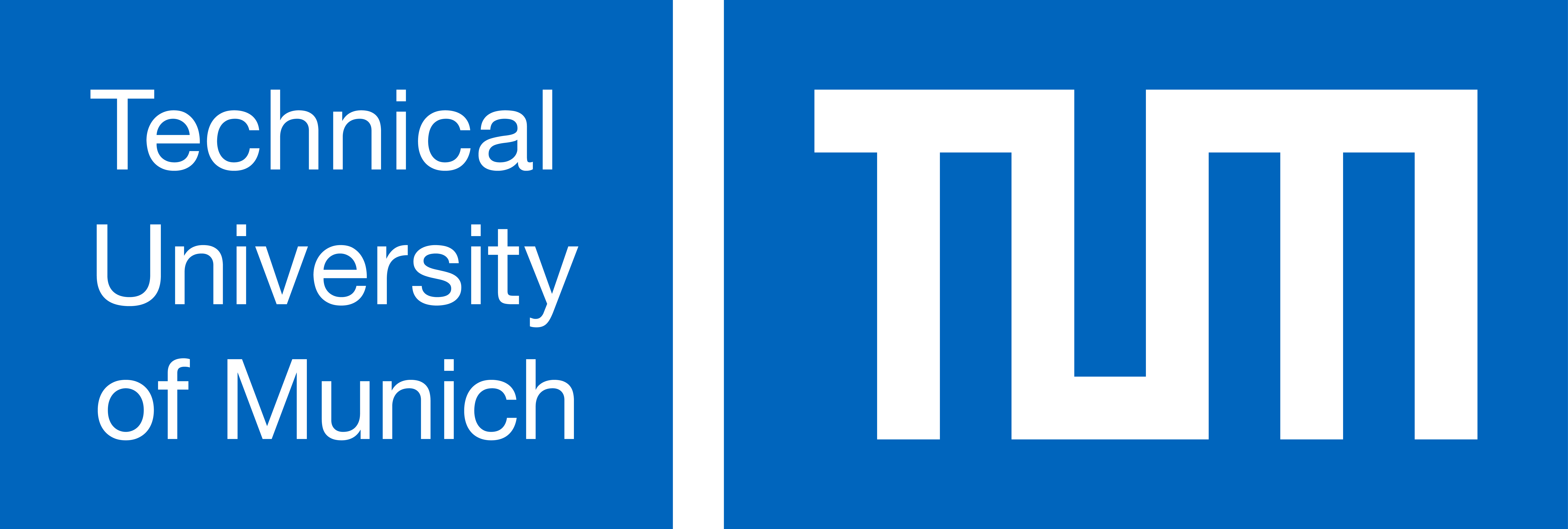About this course
Urban agriculture has experienced a renaissance in recent decades. What are the possibilities for sustainable urban agriculture that supports multiple ecosystem services? This module explores ways in which urban agriculture can aid in the enhancement of food security, biodiversity, energy conservation, public health and well-being in cities. We will discuss the agro-ecological basis of urban horticultural production systems adapted for city environments. Topics include fundamentals of horticulture, soil properties and fertility, pest and pollinator management, animal agriculture, and climate change impacts. The students will learn about methods of urban agriculture and innovative approaches to ecologically-oriented and climate-resilient urban agriculture. In addition, they will study how urban food production interacts with social, cultural, and political dimensions of urban environments (e.g. city policy, economics, human health) to foster an interdisciplinary understanding.
Learning outcomes
On successful completion of the module, participants are able to:
- Understand important agroecological aspects of urban agriculture such as biodiversity, soil management, and climate mitigation;
- Relate social aspects of urban agriculture to environmental aspects such as public health and urban policy;
- Apply interdisciplinary theoretical frameworks to urban agricultural systems;
- Evaluate the environmental and social context of urban agriculture;
- Create a strategy for a sustainable urban agricultural system in a project;
- Communicate their strategy with understanding and evidence.
Examination
The module grade is based on a written report (approx. 20 pages; 80% of grade) complemented by an oral presentation (15 min. + 5 min. discussion; 20% of grade). In the report, the students design a strategy for ecologically oriented sustainable urban agriculture. Here, students should situate their strategy in a theoretical framework, and evaluate the relevant environmental and social context of their strategy. Written summaries measure the student’s understanding and evaluation of ecological and social aspects, and ability to apply theoretical frameworks. In the presentation, the students present their strategy (PowerPoint plus any additional aides) to demonstrate understanding of an urban agriculture system, communicative competence, presentation, and discussion skills in front of an audience. Students may prepare the report and project individually or as a group (max. 3 students). In the case of group work, students must report academic contribution and their performance will be evaluated individually.
The lecture is designed to be in combination with the seminar "Edible Cities"
Course requirements
Basic knowledge in agriculture, landscape planning, and landscape ecology is an advantage
Resources
- Egerer, M. & Cohen, H. (2021) Urban Agroecology: Interdisciplinary Research and Future Directions. CRC Press, Boca Raton, FL. Carpenter, N., & Rosenthal, W. (2011). The essential urban farmer. Penguin. Zeunert, J. (2018). Dimensions of urban agriculture. In Routledge handbook of landscape and food (pp. 160-184). Routledge. Zimmerer, K. S., Bell, M. G., Chirisa, I., Duvall, C. S., Egerer, M., Hung, P. Y., ... & Yacamán Ochoa, C. (2021). Grand challenges in urban agriculture: ecological and social approaches to transformative sustainability. Frontiers in Sustainable Food Systems, 5, 668561.
Activities
The module is highly interactive and combines lectures with field trips and presentations from guests and peers. The lecture series will cover topics including: fundamentals of horticulture; soil management; pest and pollinator management; urban agriculture and climate change; challenges of urban agriculture; public health; and the business of urban agriculture. The seminars are based in experiential learning. In the seminars, we will 'see' cities as edible: in the present on field trips; in the past through films and advanced readings; and in the future through group presentations that design urban farming systems for future cities.
Additional information
- More infoCourse page on website of Technical University of Munich
- Contact a coordinator
- LevelMaster
- Contact hours per week2
- InstructorsJoan Casanelles Abella
- Mode of deliveryHybrid
Starting dates
13 Oct 2025
ends 6 Feb 2026
13 Oct 2025
ends 6 Feb 2026
